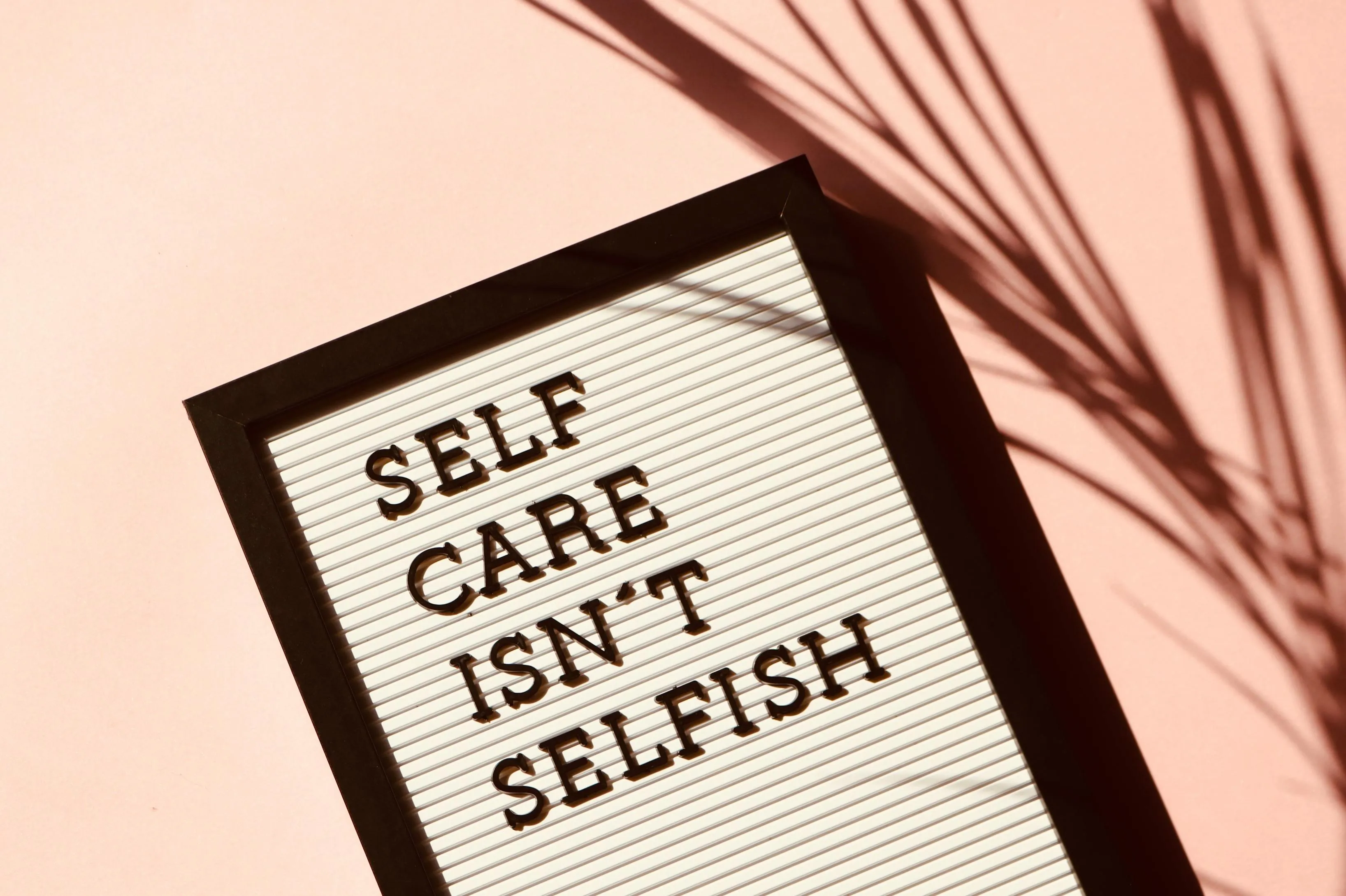Last month, my best friend called me crying about her boyfriend. Again.
And honestly? I saw it coming.
Not because I'm psychic or anything. But because there were signs. Big ones. The kind that make your stomach twist when you notice them.
Here's the thing about mental health red flags in relationships - they're sneaky. They don't show up wearing a giant warning sign. They disguise themselves as "just stressed" or "having a bad day" or "that's just how they are."
But there's a difference between someone going through a rough patch and patterns that signal something deeper.
Let me break this down.
The Emotional Rollercoaster That Never Stops
You know that feeling when you're constantly walking on eggshells?
Yeah. That one.
If you're always anxious about their mood, always trying to predict their reactions, always managing their emotions... that's not normal relationship stress. That's a red flag waving wildly in your face.
I'm talking about extreme mood swings that affect how they treat you. One minute they're loving and sweet, the next they're cold and distant. And you never know which version you're getting.
Real talk - everyone has bad days. But if their emotional instability becomes your responsibility? That's not okay.
When "Venting" Becomes Constant Negativity
There's venting to your partner about a rough day at work.
Then there's... everything else.
If every conversation turns into a spiral of negativity, complaints, or doom-scrolling through their problems without any effort to address them - pay attention. Especially if they dismiss any suggestion for therapy or professional support.
I get it. We all need support. But relationships should have balance. If you're constantly playing therapist and they refuse actual help?
Exhausting.
The Isolation Game
This one's subtle at first.
Maybe they make little comments about your friends. Or they get weirdly quiet when you mention hanging out with family. Perhaps they guilt-trip you for having a life outside the relationship.
Before you know it, you've cancelled plans three weekends in a row.
Healthy partners encourage your independence. They want you to have friendships, hobbies, your own identity. If someone's slowly cutting you off from your support system - whether intentionally or through their own anxiety and insecurity - that's a major red flag.
Trust me on this.
Refusing to Take Responsibility
Okay, this one makes me actually frustrated.
If everything is always someone else's fault - their ex, their boss, their parents, traffic, Mercury in retrograde, whatever - that's a problem. Especially if they never acknowledge how their mental health affects you.
Mental health struggles are valid. Absolutely. But they don't excuse harmful behavior.
There's a huge difference between "I'm sorry I snapped at you, my anxiety was really bad today and I'm working on it" and "Well if you hadn't stressed me out, I wouldn't have yelled."
See the difference?
The Self-Care They Won't Do
Look, nobody's perfect at self-care. I barely remember to drink water most days.
But if someone completely refuses to take care of their mental health - won't consider therapy, won't try basic anxiety management techniques, won't even acknowledge there might be an issue - while expecting you to fix everything?
That's not sustainable.
You can't love someone into healing. You can support them, encourage them, hold space for them. But you can't do the work for them.
When Their Struggles Become Your Identity
Here's something nobody talks about enough.
If you've stopped taking care of yourself because you're so focused on managing their mental health - if your own sleep routine and wellbeing has completely tanked - that's a red flag for the relationship dynamic.
I've been there. Skipping workouts because they needed me. Canceling therapy because they had a crisis. Ignoring my own signs of burnout because their problems seemed bigger.
Eventually, you're both drowning.
The Manipulation Disguised as Mental Health
Ugh, this one's tricky.
Using mental health as a weapon or excuse for controlling behavior. Threatening self-harm when you try to set boundaries. Making you feel guilty for having needs because "don't you know I'm depressed?"
That's manipulation, babe. Full stop.
Mental health struggles are real and valid. Using them to control, guilt, or manipulate someone is not okay. Ever.
What Actually Healthy Looks Like
So what's the difference between supporting a partner through mental health challenges and ignoring red flags?
Healthy looks like:
They acknowledge their struggles and actively work on them. They don't expect you to be their therapist. They take responsibility for their actions, even when mental health makes things harder. They encourage your independence and self-care. They communicate about their needs without manipulation.
Basically - they're doing their own work while you do yours. Together but not codependent.
The Hard Truth About Staying
Here's what I wish someone had told me earlier.
You can't fix anyone. You can't love someone enough to heal their trauma. You can't sacrifice your own mental health hoping it'll somehow balance out.
Supporting someone through mental health challenges? Beautiful. Noble. Important.
Losing yourself in the process? Not worth it.
And honestly? If you're reading this article nodding along to every red flag, checking off boxes in your head about your relationship...
You already know.
When to Get Help (For Both of You)
If you're seeing these patterns, couple's therapy might help - but only if both people are willing to do the work. Sometimes individual therapy is what's needed first.
And if they refuse any kind of help while continuing harmful patterns? That tells you everything you need to know.
Your mental health matters too. Your wellbeing matters. Your peace matters.
Don't set yourself on fire to keep someone else warm. Even if you love them. Even if they're struggling. Even if you've been together forever.
Sometimes the most loving thing you can do - for both of you - is acknowledge that the relationship isn't healthy.
And that's okay to admit.
Real talk? If you're constantly stressed about your relationship, maybe it's time to check in with yourself. Try some therapist recommended coping strategies just for you. Take care of your own mental health first.
Because you can't pour from an empty cup.
You deserve a relationship that adds to your life, not one that drains it. That supports your growth, not stunts it. That feels like home, not like work.
Trust yourself. You know what's right for you.















Comments: